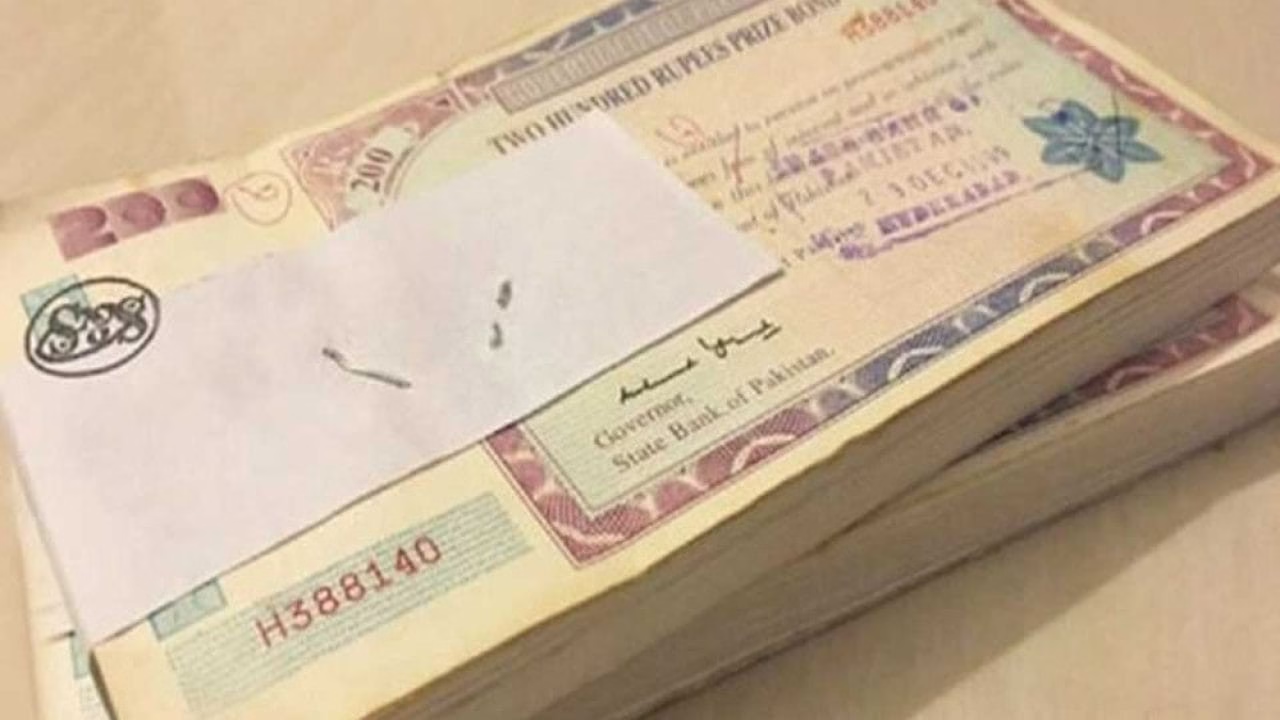In a crucial decision that highlights the importance of strategic governance, the Prime Minister of Pakistan intervened to prevent the country from incurring an additional financial burden of 16 billion rupees. This intervention led to the rejection of the Economic Coordination Committee’s (ECC) decision to import 100,000 metric tons of urea, a move that was initially approved to address a potential shortage of the fertilizer in the country. This decision has sparked discussions about the economic and strategic implications of large-scale imports and the importance of supporting local production.
The ECC’s Decision and Its Financial Implications
The ECC had initially approved the import of 100,000 metric tons of urea to ensure sufficient supply in the domestic market, particularly in the face of a projected shortage due to gas supply disruptions. The decision, however, came with a significant financial cost. According to government sources, the import of this urea would have cost the country approximately 10 billion rupees. Moreover, the imported urea would have required a subsidy of more than 5.86 billion rupees to be sold at competitive prices in the local market, bringing the total potential financial burden to around 16 billion rupees.
The cost of importing urea, which includes the landed cost and additional expenses, was estimated to be substantially higher than the local market price. The price of a 50-kilogram sack of imported urea was projected to be 7,332 rupees, with an estimated landed cost of 5,832 rupees per sack. This figure included additional expenses of 1,500 rupees per sack by the National Fertilizer Marketing Limited (NFML). In contrast, the minimum price of a 50-kilogram sack of locally produced urea was around 4,400 rupees, highlighting the significant cost disparity between imported and locally produced urea.
The Role of the Trading Corporation and the Tender Process
The Trading Corporation of Pakistan (TCP) was responsible for facilitating the import of urea. A tender for the import of 150,000 metric tons was issued, with the tender being opened on July 29, 2024. The TCP received six bids, and the ECC approved the bid with the lowest price. This process is a standard procedure to ensure transparency and competitive pricing in government procurement. However, despite the adherence to procedural norms, the financial implications of the import were substantial.
The ECC’s decision was driven by concerns over a potential urea shortage, particularly if gas supply to urea-producing plants was suspended. Estimates suggested a shortage of 351,000 metric tons in the event of such a disruption. Given the critical role of urea in agriculture, which directly impacts food security and the overall economy, the ECC’s approval of the import was intended to preempt any negative consequences of a potential shortage.
Prime Minister’s Intervention and the Cabinet’s Rejection
Despite the ECC’s rationale, the Prime Minister’s intervention highlighted the broader economic implications of the decision. The federal cabinet, under the Prime Minister’s guidance, rejected the ECC’s approval to import 100,000 metric tons of urea. The decision was rooted in the understanding that the financial burden of importing urea was too high, especially when compared to the cost of locally produced urea. Additionally, the Prime Minister emphasized the need to support local production and avoid unnecessary reliance on imports, which could strain the national exchequer.
The rejection of the ECC’s decision is a strategic move that underscores the importance of prudent economic management. By avoiding the additional burden of 16 billion rupees, the government can allocate these resources to other critical areas of the economy, such as infrastructure development, health, and education. Furthermore, the decision to support local urea production aligns with the government’s broader policy of promoting self-sufficiency and reducing dependence on imports.
Ensuring Urea Supply Through Alternative Measures
In the wake of the decision to reject the urea import, the government has assured that there will be no shortage of urea in the market. According to sources, the continued supply of cogas to urea-producing plants will ensure adequate production levels. This approach is expected to mitigate the risk of a shortage and maintain stability in the agricultural sector, which is crucial for the country’s food security and economic well-being.
The government’s focus on maintaining gas supply to urea plants is a practical solution that avoids the need for expensive imports while ensuring that farmers have access to the fertilizers they need. This strategy also reinforces the importance of maintaining robust domestic production capabilities, which can provide a more sustainable and cost-effective solution to potential supply disruptions.
The Prime Minister’s timely intervention to reject the ECC’s decision to import 100,000 metric tons of urea has saved Pakistan from a significant financial burden of 16 billion rupees. This decision reflects the government’s commitment to prudent economic management and its focus on supporting local production over costly imports. By ensuring the continued supply of gas to urea plants, the government is taking proactive steps to prevent any potential shortages and maintain stability in the agricultural sector. This strategic move not only preserves valuable financial resources but also aligns with the broader goal of promoting self-sufficiency and economic resilience in Pakistan.



